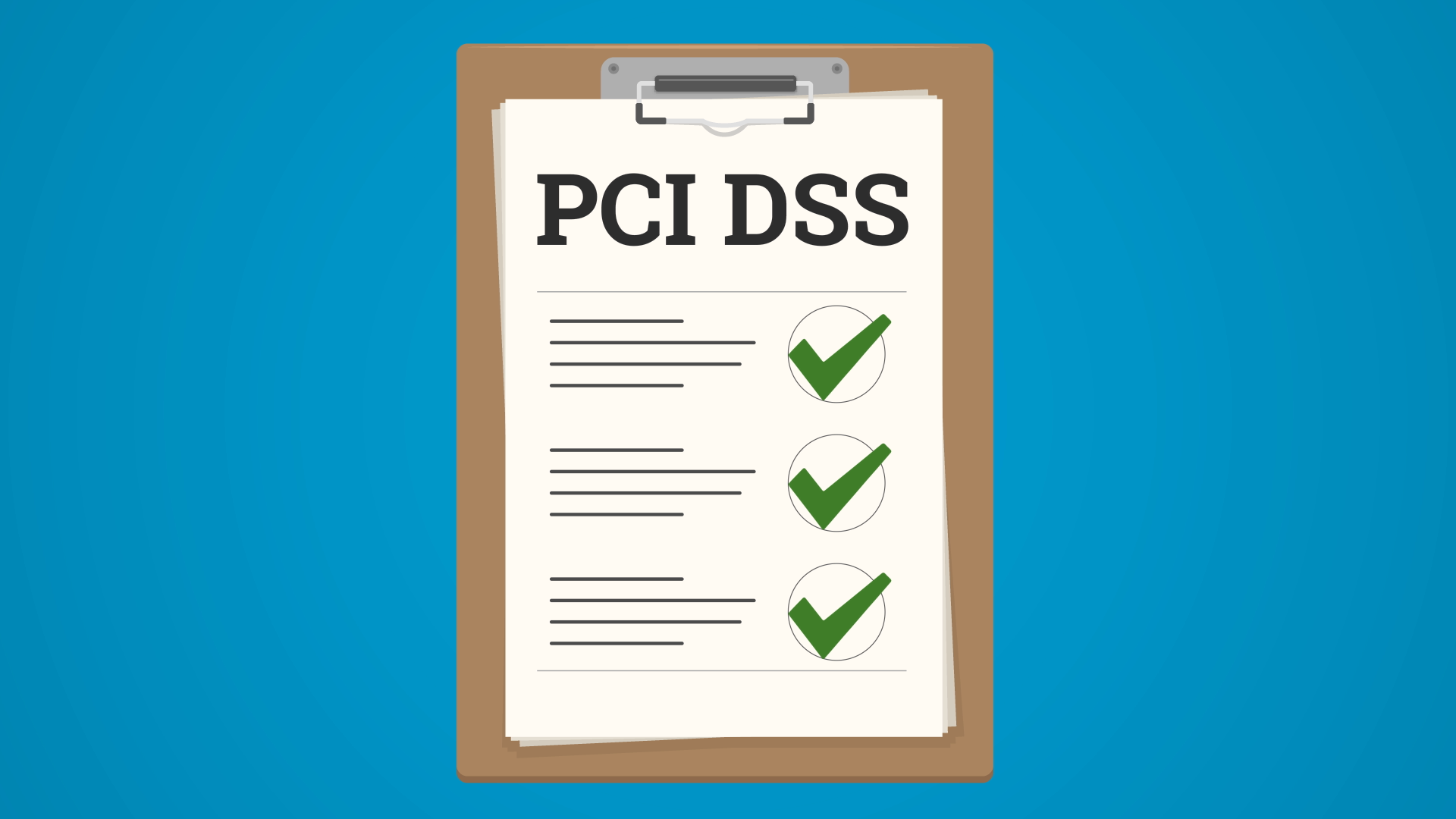-
admin@dominant-it.com
-
(702) 514-0583

- 29
May
Mastering PCI Compliance in Las Vegas: A Comprehensive Guide for Businesses
Introduction: Las Vegas, a city known for its thriving hospitality and retail industries, is home to countless businesses that process credit card transactions daily. Ensuring the security of payment data is of utmost importance, and complying with the Payment Card Industry Data Security Standard (PCI DSS) is crucial for businesses that handle cardholder information. This article aims to guide Las Vegas-based businesses through the complexities of PCI compliance, outlining the essentials and offering practical tips for safeguarding payment data.
Understanding PCI DSS and Its Importance: The PCI DSS is a set of security standards designed to ensure that all businesses that process, store, or transmit credit card information maintain a secure environment. Established by major payment card brands, including Visa, Mastercard, American Express, and Discover, the primary goal of PCI DSS is to minimize the risk of data breaches and protect cardholder data from fraud and theft.
Compliance with PCI DSS is not only a contractual requirement for businesses that handle credit card data but also a critical aspect of maintaining trust between merchants, customers, and payment card brands. Non-compliance can result in substantial fines, penalties, and even loss of the ability to process credit card payments.
Steps for Achieving PCI Compliance in Las Vegas: To ensure PCI compliance, businesses in Las Vegas should follow these essential steps:
- Determine your PCI DSS level: Based on your transaction volume, your business will be categorized into one of four PCI DSS levels. Each level has specific requirements for validation and reporting.
- Complete a self-assessment or engage a Qualified Security Assessor (QSA): Depending on your PCI DSS level and requirements, you may need to complete a Self-Assessment Questionnaire (SAQ) or engage a QSA to perform an on-site assessment.
- Implement security controls: Develop and implement policies, procedures, and security measures to protect cardholder data from unauthorized access, disclosure, alteration, or destruction.
- Conduct regular vulnerability assessments and penetration tests: Regularly test your systems and network infrastructure for vulnerabilities and potential risks to cardholder data security.
- Train your workforce: Regularly train all employees, including customer-facing staff, administrators, and support staff, on PCI DSS requirements, security best practices, and your business’s specific policies and procedures.
- Maintain documentation: Keep detailed records of your PCI compliance efforts, including policies, procedures, training materials, vulnerability assessments, and penetration tests.
Maintaining Ongoing PCI Compliance: PCI compliance is an ongoing process that requires regular review and updates. To maintain compliance, businesses in Las Vegas should:
- Continuously monitor and assess security risks, updating policies and procedures as needed to address new threats or changes in the business.
- Conduct regular audits and assessments of your business’s PCI DSS compliance efforts, including reviewing documentation and testing the effectiveness of security measures.
- Provide ongoing training and education for your workforce to ensure continued awareness of PCI DSS requirements and best practices.
- Stay informed of changes in PCI DSS regulations and industry trends that may impact your business.
Conclusion: PCI compliance is a critical aspect of providing secure payment processing and protecting customer data. By understanding the fundamentals of PCI DSS, taking proactive steps to achieve compliance, and maintaining an ongoing commitment to payment data security, businesses in Las Vegas can successfully navigate the complexities of payment card industry regulations and build trust with customers and payment card brands.
Please contact us to assist with your PCI compliance
